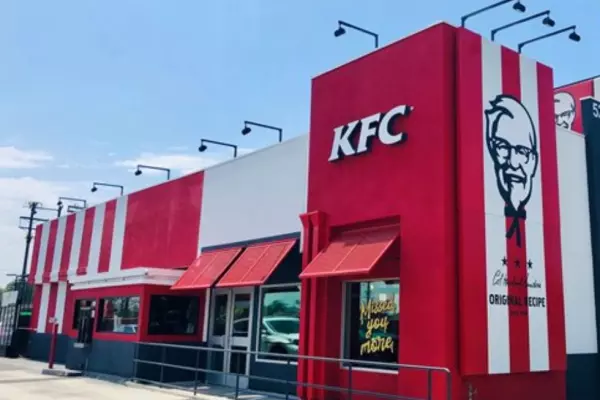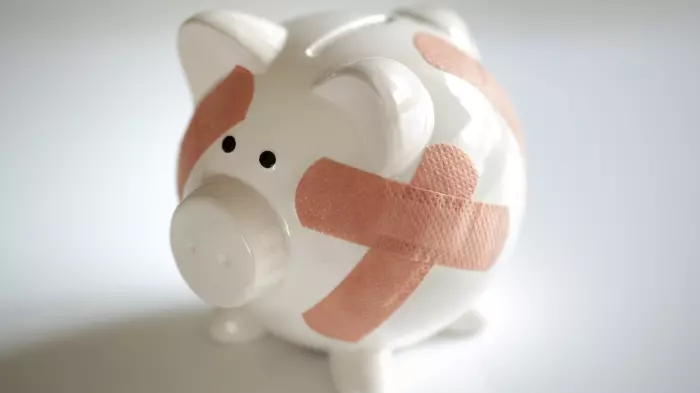As the global pandemic pulled the rug out from under the bull market, the value of most listed companies has fallen away. However, a few lucky stars and the most recession-proof stocks have managed to climb.
These graphs compiled by BusinessDesk show the trajectories of listed companies’ market capitalisation throughout the coronavirus crisis.
The criss-crossing lines track the fate of New Zealand’s biggest firms from the NZX50’s high watermark on Feb 21 up to the end of last week, May 8.
Shane Solly, portfolio manager at Harbour Asset Management, said the market cap movements were the evidence of “a dispersion in returns between the haves and the have nots.”
Those few companies who have maintained earnings growth and strong balance sheets have been able to rise in stark contrast to the majority who have fallen away.
Matthew Goodson, director of Salt Funds Management said A2 Milk and Fisher & Paykel Healthcare were the definite standouts of the market, being “almost entirely responsible for the strong performance of our market.”
Lucky stars
The graph shows two parallel lines tilting upward as those two companies have found favour amid the market chaos. Fisher & Paykel added $4 billion to its market capitalisation and A2 Milk has added $3 billion.
Mark Lister, head of private wealth research at Craigs Investment Partners, said these “two stars” had remained relatively unaffected and in some cases had even seen an increase in demand during the crisis due to the nature of their products.
“The reason they are head and shoulders above everyone else is that their business has carried on as usual while everyone else has fallen away,” he said.
Both stocks targeting overseas markets had been further supported by the falling kiwi dollar – down 10 percent from the start of the year – which boosts the value of revenue earned overseas.
While Fisher & Paykel and A2 Milk now hold the top spots as most the most valuable listed companies, the biggest market cap gain as a percentage belongs to Pushpay.
The faith-sector online donations provider has added $500 million to its market capitalisation, rising from $1.2 billion to $1.7 billion, as churches in the United States unable to meet due to the virus outbreak have turned to online options to host services and take donations.
This makes Pushpay one of just five companies worth more than a billion dollars to grow its market capitalisation since February.
Recession-proof
The remaining two gainers are both considered predictable and defensive “recession-proof” stocks, Lister said. Electricity and gas distribution company Vector added $100 million, and telecommunications infrastructure provider Chorus added $300 million.
“Vector has a stable earnings and revenue profile and a predictable dividend. Even something as unexpected as a pandemic doesn’t really change that,” Lister said.
While electricity demand does move with the economy, it is relatively inelastic and any drop from manufacturing and commercial sectors would have been offset by increased home use.
This defensiveness didn’t extend to Meridian, which slipped from its perch as the most valuable company on the NZX to third place after it lost more than $2 billion.
Lister said Meridian was particularly at risk of being hurt by a closure of Tiwai Point aluminium smelter, which remains under threat of shutting down.
The new era of permanently low interest rates would have seen utilities such as the electricity sector gain strength if the ominous cloud of Tiwai Point hadn’t been hanging over the sector, Lister said.
Property no safe harbour
One popular port in a storm is the listed property sector. Holding valuable physical assets would usually help a stock perform well during a recession.
However, this time property stocks have come under the same pressures as other sectors. With tenants unable to use their premises and earn revenue, force majeure clauses have been invoked and rent relief has been doled out.
“All of that has turned the expectation on its head,” Lister said. “Under normal recessionary conditions property would have been thought of as a defensive safe sector but not this time.”
Kiwi Property Group, which owns Sylvia Park mall, took the biggest plunge, shedding half its $2.4 billion market capitalisation.
Some property stocks, such as Goodman Property, have held fairly flat throughout the downturn, however.
Travellers
The hardest-hit companies are those depending on travel, which have been bodied by the closed border and restrictions on even domestic movement.
Air New Zealand’s descent is a stark red line across the graph as its market capitalisation drops from $3.1 billion to just $1.3 billion.
Auckland International Airport also lost $2 billion, down from $10.6 billion to $8.3 billion.
Lister said these stocks had fallen in the same direction but at different magnitudes, as the airline was more vulnerable to a downturn than the infrastructure-like airport.
“Air New Zealand is much further up the risk curve than Auckland Airport,” he said.
If people aren’t getting on planes to travel, that is crippling for the airline, which still carries a high-cost burden. Auckland International Airport is supported by other parts of the business such as an extensive commercial property portfolio and freight carrying airlines.
Furthermore, the airport raised $1.2 billion dollars of equity to soften the market capitalisation fall on the graph as there has been a “mammoth injection of capital at a deeply discounted price,” Lister said.
“Shareholders haven’t suffered to the degree Air New Zealand shareholders have but they’ve seen the value of their investment fall hard and then been asked by the company to throw more money in,” he said.


.png)







